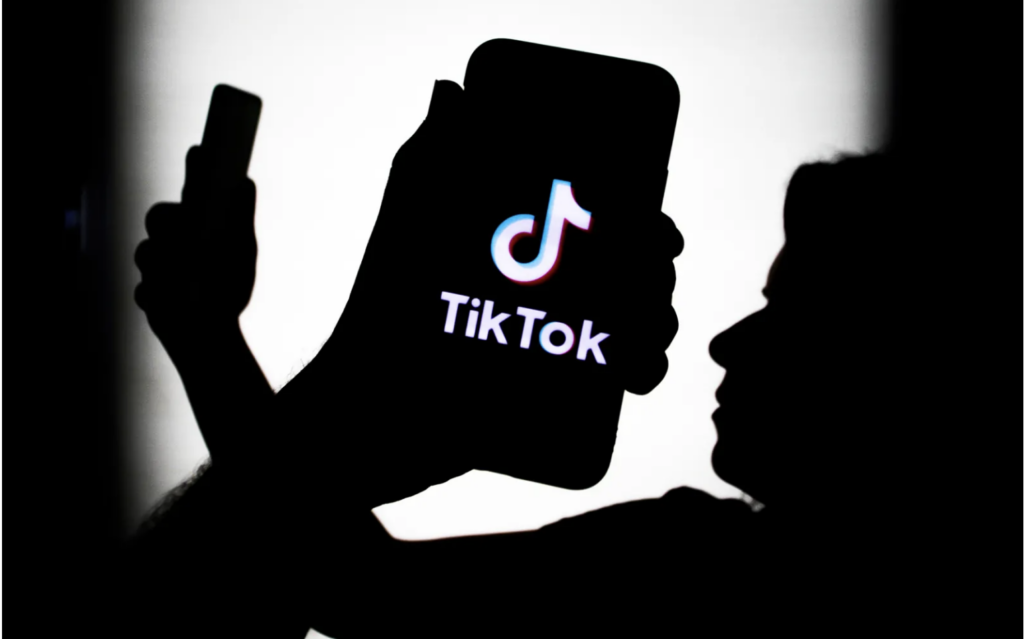TikTok, the viral video-sharing platform that has revolutionized social media, has found itself at the crossroads of global politics and tech industry regulation.
Since its launch, the platform has grown from a niche app popular with teens to a global cultural force, reshaping entertainment, advertising, and social interaction. But its rapid ascent has come with mounting scrutiny, especially from the United States government, which has been concerned about the app’s ties to China and potential security risks.
The saga of TikTok’s legal battles and political drama paints a fascinating picture of how global tech giants, national security concerns, and the influence of social media intersect.
In this article, we’ll delve first into the rise of TikTok, discuss the ongoing debates about its future, and explain what these developments could mean for its millions of users and influencers.
The meteoric rise of TikTok
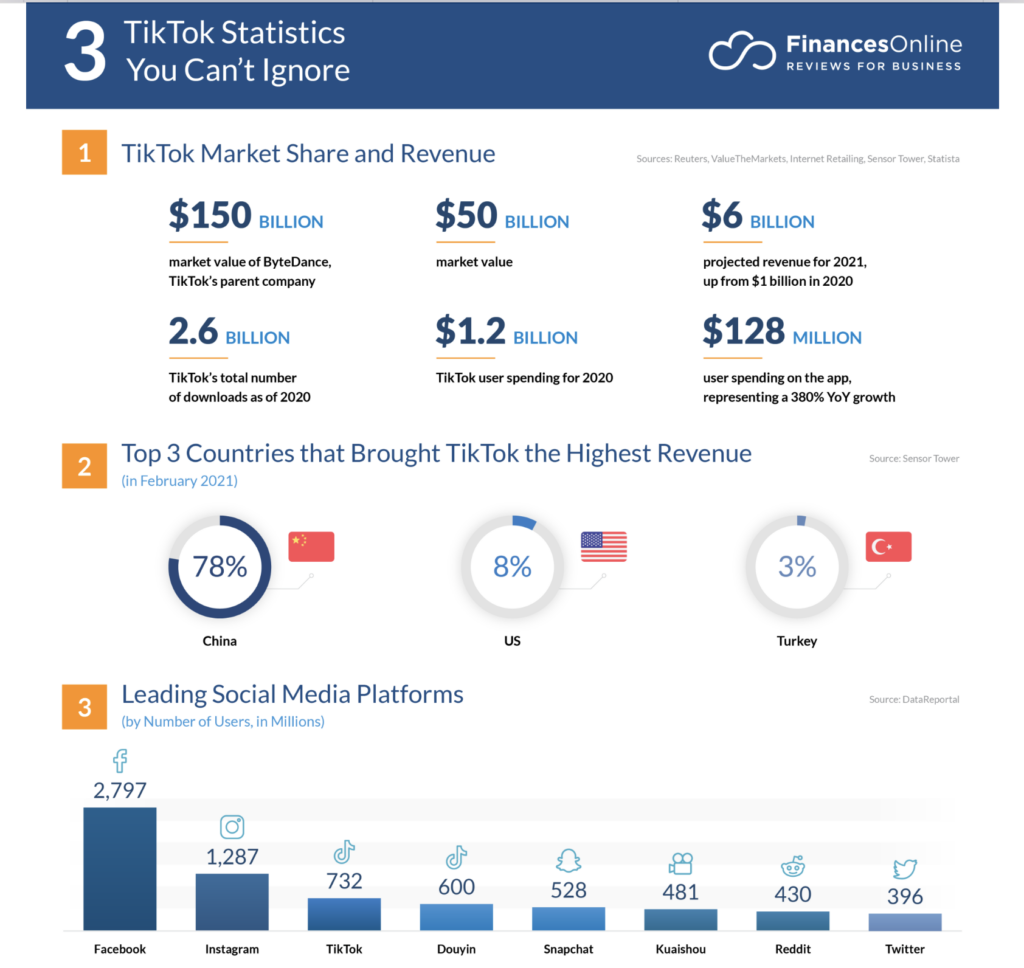
The controversial platform’s story begins with ByteDance (字节跳动, Zijie Tiaodong), a tech company founded in 2012 by Chinese entrepreneur Zhang Liming. Although banned in China, it was initially launched as a short-video app called Douyin (抖音) for the Chinese market, before ByteDance expanded it into international markets by launching the app in 2017.
The company soon acquired Musical.ly, a popular lip-syncing app among American teenagers, and merged it with TikTok in 2018. This strategic move catapulted the platform to international success. Unlike other social media platforms that prioritize fostering connections between users, the platform’s unique algorithm focuses on curating content based on users’ individual interests.
This highly personalized experience, combined with its emphasis on short-form video content, quickly attracted millions of users worldwide. Its lighthearted videos, including dance challenges, viral music clips, and humorous skits, created an accessible and engaging space for creators.
Musicians, influencers, and everyday users alike have turned the platform into a launchpad for viral fame. Artists like Lil Nas X famously rode its wave to global stardom, proving the app’s undeniable influence on the entertainment industry.
The platform’s popularity soared during the COVID-19 pandemic, as people in lockdown turned to the app for entertainment, creativity, and connection. As TikTok became the go-to platform for short-form videos, competitors like Instagram and YouTube scrambled to introduce their own versions of the platform’s format, called Reels and Shorts.
Despite these efforts, the platform remained dominant in the short-form video space, continuing to attract new users globally.
The growing controversy
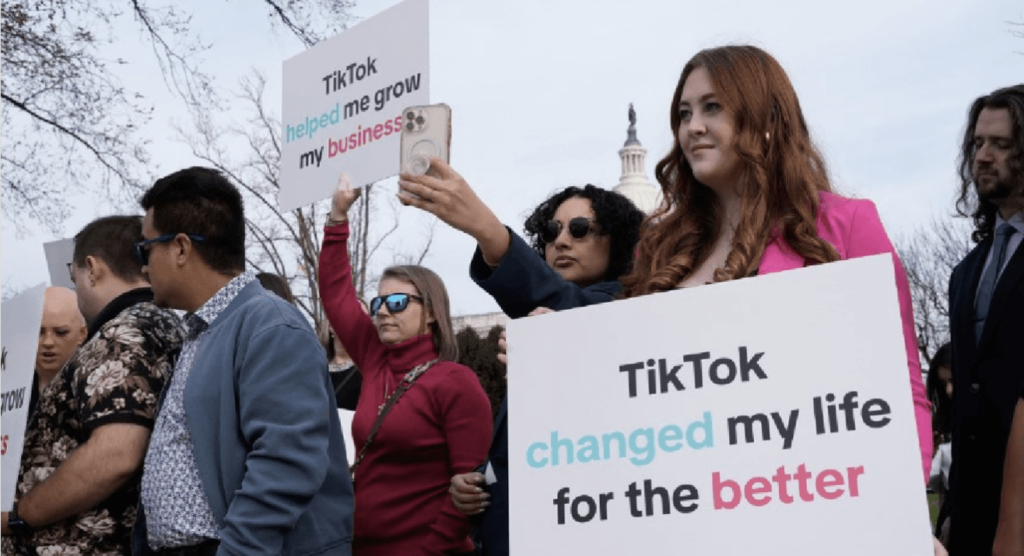
As the controversial platform’s success grew, so did concerns about its potential risks.
In particular, U.S. lawmakers and intelligence agencies raised alarm bells about the app’s links to China, citing laws in the country that compel Chinese companies to hand over user data to the government if requested. This led to fears that the platform could be used as a tool for espionage or manipulation, particularly in light of the platform’s vast influence over American audiences.
Currently, TikTok relies on a hybrid system, utilizing automated tools to flag inappropriate content, which human moderators then review.
The Trump administration took action in 2020, issuing an executive order aimed at banning the platform due to national security concerns. The proposed ban sparked heated legal battles, with TikTok arguing that the action was politically motivated and a violation of the First Amendment.
Despite Trump’s efforts to push through the ban, U.S. courts blocked the executive orders, and the app continued to operate in the United States.
Meanwhile, in India, tensions between China and India over a border dispute led to a different kind of ban. In 2020, India banned TikTok along with several other Chinese apps, citing national security concerns. Despite these challenges, TikTok’s expansion continued in other parts of the world, including Europe, Latin America, and countries like the Philippines in Southeast Asia.
Negotiations and the road to a potential sale
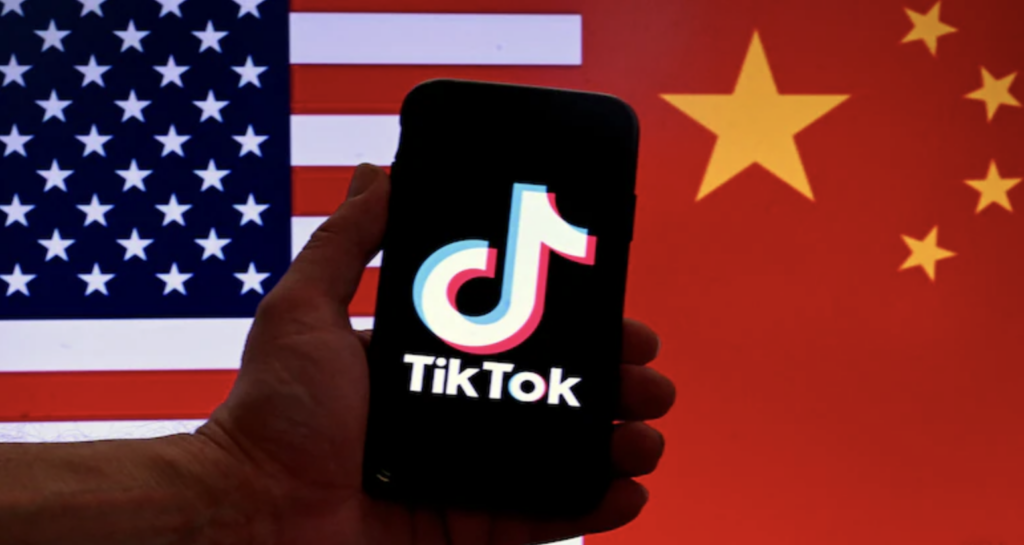
In 2021, the Biden administration inherited the issue of TikTok’s future in the U.S., opting to review the app’s security risks rather than immediately pursue a ban.
A little-known U.S. government body, the Committee on Foreign Investment in the United States (CFIUS), was tasked with investigating TikTok’s potential risks. Negotiations between TikTok and the U.S. government dragged on for months, with the company offering various proposals to address concerns.
One such proposal, known as “Project Texas,” involved routing U.S. user data to servers operated by Oracle, a U.S. tech giant, and increasing transparency around TikTok’s algorithm. TikTok also pledged to implement measures to ensure that ByteDance would not have access to U.S. user data.
Despite TikTok’s efforts, U.S. officials remained skeptical, arguing that the proposed measures did not go far enough in ensuring the platform’s independence from Chinese control. In February 2023, the Biden administration took further action by directing federal agencies to remove TikTok from government-issued devices, a move that mirrored bans in other countries, including Canada and the European Union.
The ongoing negotiations and legal battles over TikTok’s fate culminated in a new piece of legislation in 2023. The law, which passed with bipartisan support in Congress, mandated that ByteDance sell TikTok’s U.S. subsidiary within a set timeframe or face a complete ban. This law, which was part of a larger foreign aid package, was seen as a last-ditch effort by lawmakers to curb the platform’s influence in the United States.
The potential ban and the role of Donald Trump
The situation became more complex with the inauguration of Donald Trump in January 2025. The law passed by Congress gave ByteDance a narrow window to sell TikTok’s U.S. operations.
However, it allowed the sitting president to issue a 90-day delay if progress toward a sale was being made. Trump, who had previously embraced TikTok’s influence, especially in helping him connect with younger voters, signaled his intent to delay the ban and save the app.
At a pre-inauguration rally, Trump declared, “Frankly, we have no choice, we have to save it. A lot of jobs. We don’t want to give our business to China.” His position was clear: while national security concerns were important, TikTok’s economic impact and its popularity among young Americans made it a critical asset that should not be handed over to China or any other nation.
TikTok’s future now hangs in the balance as negotiations continue, with both the U.S. government and ByteDance grappling with how to address national security concerns while maintaining the app’s global success. For its part, TikTok’s CEO, Shou Chew, has tried to reassure lawmakers that the app prioritizes user safety and that the company has made substantial efforts to separate its U.S. operations from China.
The global impact of TikTok’s political struggles
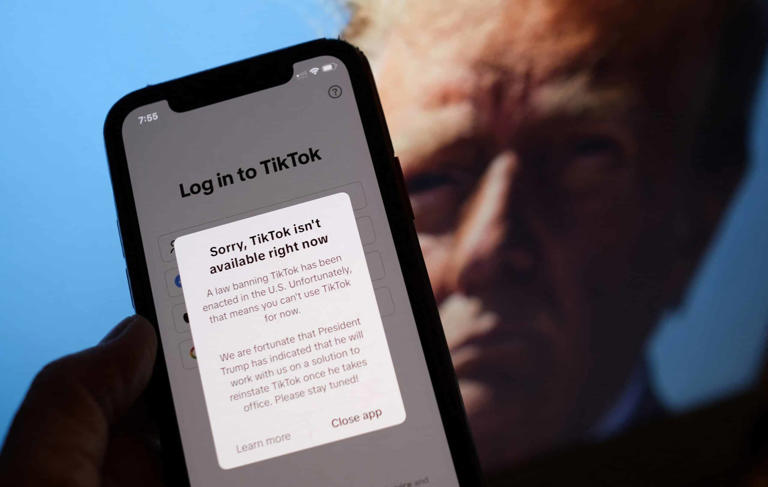
The TikTok saga represents more than just a corporate dispute. It underscores the growing intersection of tech, politics, and national security in a rapidly changing world. As governments grapple with the challenges posed by the global nature of the internet, platforms like TikTok, Facebook, and Twitter find themselves caught in the crossfire of competing interests.
For TikTok’s millions of users and influencers, the outcome of this debate will have far-reaching consequences.
If the app is banned or forced to sell its U.S. operations, it could set a precedent for how other foreign-owned tech companies are treated in the future. And for the creators who have built careers on the platform, the uncertainty surrounding TikTok’s future only adds to the anxiety and trepidation of a social media landscape that is constantly shifting.
In the end, TikTok’s journey from a viral app to a political lightning rod is a testament to the profound impact that social media platforms have on global culture, economy, and politics.
While the app remains immensely popular, its future in the U.S. is now tied to an ongoing legal and political battle that will likely shape the future of tech regulation for years to come.
Whether TikTok can survive the political storm or whether it will be forced to sell its U.S. operations remains uncertain, but one thing is clear: the fate of TikTok will have long-lasting implications for the world of social media and beyond.


